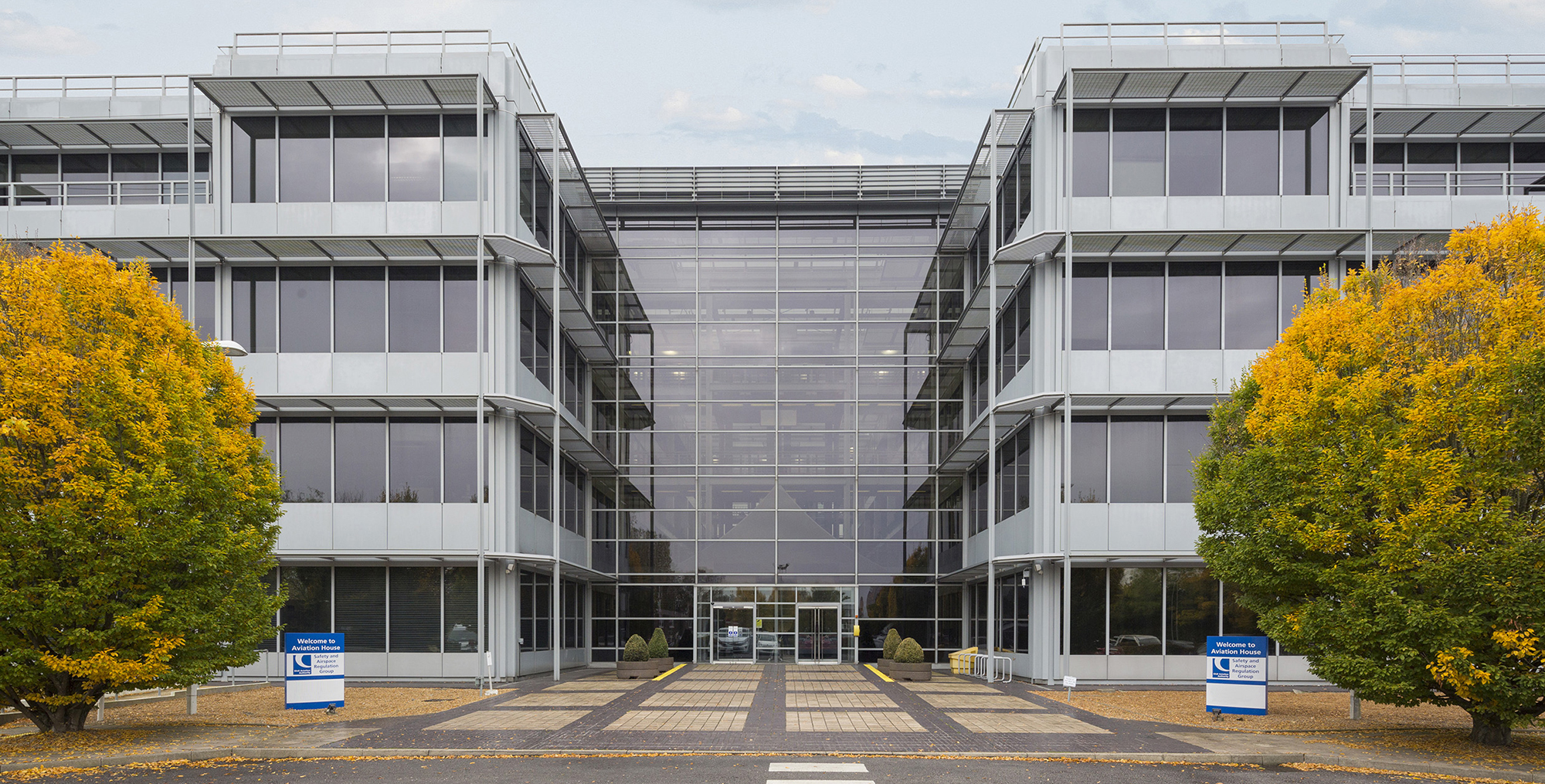The current exemption that allows General Aviation (GA) pilots to self-declare their medical fitness expires on Wednesday 8 April 2020. The Civil Aviation Authority (CAA) is therefore advising affected pilots to act now to be able to continue flying legally after that date.
Currently pilots with a European Aviation Safety Agency (EASA) Light Aircraft Pilot's Licence (LAPL) or Private Pilot's Licence (PPL) can self-declare their medical fitness to fly aircraft certificated by EASA, rather than having to gain a LAPL Medical Certificate, a Class 2 medical with an Aero-Medical Examiner (AME) or a LAPL medical certificate with their NHS General Practitioner (subject to certain criteria).
The exemption that allows this in the UK expires on Wednesday 8 April 2020. This can only be renewed if EASA extends its own derogation that permits National pilot licence holders to operate EASA certified aircraft. The UK decided that as a National pilot licence holder could operate an EASA certified aircraft on a pilot medical self-declaration a UK issued EASA pilot licence holder should be able to do the same.
EASA has not yet published a decision on extending its derogation. The CAA is therefore advising pilots who are likely to be affected to consider booking and completing a LAPL or Class 2 medical to enable them to continue flying legally. Information about obtaining a GP-issued LAPL is available.
The UK cannot legally issue a further exemption at this time but, given the very short notice at which an EASA decision is expected, the CAA is working with the Department for Transport (DfT) to try to find an alternative approach.
The CAA will immediately publish any update from EASA or the DfT.
Pilots flying non-EASA certificated aircraft with a medical self-declaration in the UK are not affected.

